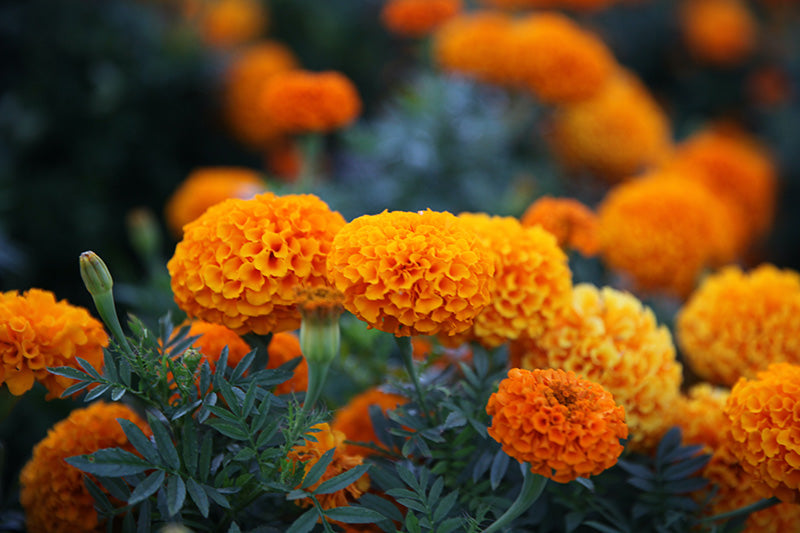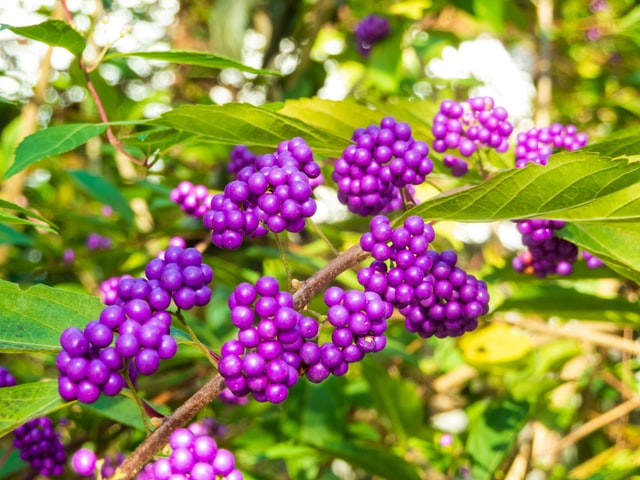By Michael Jenkins

Your garden is a great place to enjoy the outdoors. Whether you’re working in it or relaxing, whether it’s a small container garden or sprawling landscaping, your garden can be a wonderful place to decompress and reconnect with nature. However, nature isn’t always kind—heat, humidity, and other annoyances are part of the gardening experience. Of all the pests that might visit your garden this summer, mosquitoes are among the most pervasive and definitely among the most annoying. Dealing with mosquitoes requires a multi-pronged approach: mosquito prevention and mosquito repellents are all part of the game plan for a successful counter-attack. At Gardzen, we’ve got quite a bit of experience dealing with skeeters and mozzies, and we’ll share some ideas with you now.
The first step in dealing with mosquitoes is making sure they don’t take up residence in or around your garden space. As always, an ounce of prevention is worth a pound of cure. Take some time to ensure that your garden and the surrounding area don’t feature puddles, open containers, or rubbish that may collect standing water and give mosquitoes a place to breed. If you have rain barrels, keep them covered and sealed against pests—mosquitoes love nothing more than a dark, safe place to lay their eggs and let their larvae thrive! Keeping your space clean and free of unnecessary standing water will go a long way to cut down on the number of mosquitoes in the area.
Sometimes, however, there’s not a lot you can do. Maybe you live in or near a wetlands area, and mosquitoes are just part of the landscape. Even a small pond on your property can give these bloodsuckers a place to live, and leave you without many options for eliminating them safely. Also, many of us are reluctant to spray chemicals on ourselves or around our property to ward off or kill the bugs. The good news is that there are some natural steps you can take to deal with mosquitoes safely and effectively:
- Many plants repel mosquitoes, and can prove quite effective at keeping them away from your yard and garden. Furthermore, some of those plants are quite beautiful and useful in their own right, and are great additions to your garden. Citronella, marigold, geraniums, lemon grass, rosemary, catnip, lavender, basil, and lemon balm can all repel mosquitoes. Some fruits and vegetables, like garlic and citrus plants, can also help to keep skeeters away. Here at Gardzen we find it helpful to plant several kinds of anti-mosquito plants together around the perimeter of your garden or outdoor space for best effect.

- Home-made natural mosquito repellents are another natural option for keeping the buzzing pests away from people. Beautyberry (Callicarpa americana)is a popular option and used traditionally by many people. An attractive shrub with lovely flowers and edible fruits, beautyberry is easily grown in much of the US and serves as a natural bug repellent. Crush up some of the leaves, rub them on exposed areas, and away you go! While beautyberry is generally regarded as safe to use, consult your physician and test with a small quantity on a small patch of skin to make sure that no allergic reaction occurs. For an even safer option, essential oils derived from many of the plants mentioned above are an easy way to repel mosquitoes and other bugs. Simply mix two teaspoons (10ml) of the desired essential oil with 1 cup (240ml) of grain alcohol or flavorless vodka, pour into a spray bottle, and spray on as needed.

- When it comes to avoiding mosquitoes, dressing for successis also a must. Avoid floral scented detergents, shampoos, deodorants and perfumes during outdoor activities. Mosquitoes are attracted to either dark colors or bright floral patterns, so stick with light or neutral colored clothing when doing outdoor activities during mosquito season. It may help to wear light clothing that covers the arms and legs—mosquitoes are less likely to target people with less exposed skin!
Mosquitoes can be annoying, but with some easy to use preventive measures you’ll keep yourself (mostly) and your garden mostly free of them. As with so many things about gardening and outside work, mosquitoes are a chance to learn a bit more about how nature works, how we work within it, and how we can best approach problems in a safe and natural way.

Leave a comment